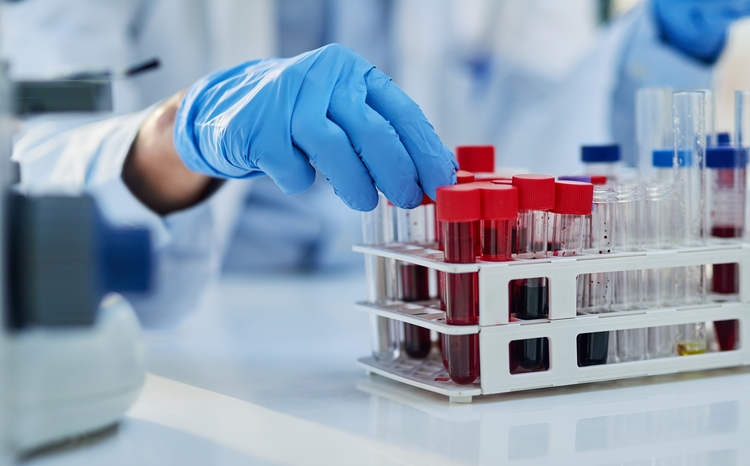NIHR £800m government funding boost for innovation in healthcare
- 14 October 2022

The government has announced more than £800m of funding for the National Institute for Health and Care Research (NIHR) to boost innovation and growth in healthcare and improve patient safety.
The NIHR will be responsible for allocating the funding, with £790m going to support breakthroughs in new treatments, diagnostics and medical technology. A further £25m has been allocated for research into patient safety and to address health challenges such as cancer treatment and reducing medication errors.
Twenty NIHR Biomedical Research Centres (BRCs) will share the £790m over five years which will go towards driving innovation in the diagnosis and treatment of illness across several high-priority diseases including cancer, dementia and mental health.
Six NIHR Patient Safety Research Centres (PSRCs) will receive £25m over the next five years to improve understanding and resolution of the challenges of patient safety. The money will help to support research into improving incident reporting and investigations, digital innovations to bolster patient safety and harnessing learning from service adaption during the pandemic.
Health and social care secretary and deputy prime minister Thérèse Coffey said: “The pandemic has highlighted the importance of our booming research sector and the potential it has to not only strengthen health and care services but lead to lifesaving developments.
“This additional funding will harness the UK’s world-leading innovation and allow research centres up and down the country to attract experts in their field and conduct research that saves lives.
“From helping develop the Covid vaccine to discovering world-first treatments, these centres have already delivered ground-breaking research and will continue to help us tackle some of the biggest health challenges we face, including cancer, to ensure the NHS continues to deliver world-class care.”
Over the past nine years, the NIHR BRCs have supported nearly 60,000 experimental medicine research studies. Success stories include the development of the Oxford AstraZeneca (AZ) covid vaccine, and a novel gene therapy that has the potential to cure haemophilia.
The NIHR PSRCs have driven improvements in the safety of health and care services, including using AI in detecting breast cancer.
Life science locations
Over £260m of the funding is to be distributed outside of the key life sciences areas of London, Oxford and Cambridge. This will help to increase experimental medicine outside of these key regions, exceeding the government’s previous commitments to boost research across all areas of the country in the Levelling Up White Paper.
As a result, more areas of the country will benefit from access to innovative technology and improved health and care services. In addition, it will improve regional economic growth through the associated employment opportunities and give private sector organisations the confidence to invest in research country wide.
Professor Lucy Chappell, chief executive of the NIHR, said: “This huge investment into early-stage health and care research and patient safety innovation recognises the strength of expertise in these areas across the country, and gives our best researchers more opportunities to improve care and treatment for patients nationwide.
“These investments showcase our scientific excellence, ensuring that the UK benefits from the latest innovations and advancements in research and enables a strong and competitive research workforce to be further developed. They are crucial to ensuring that patients receive the highest quality, safest care.”
In June this year the government promised £175m in funding to address the infrastructure of health data to support better research.




